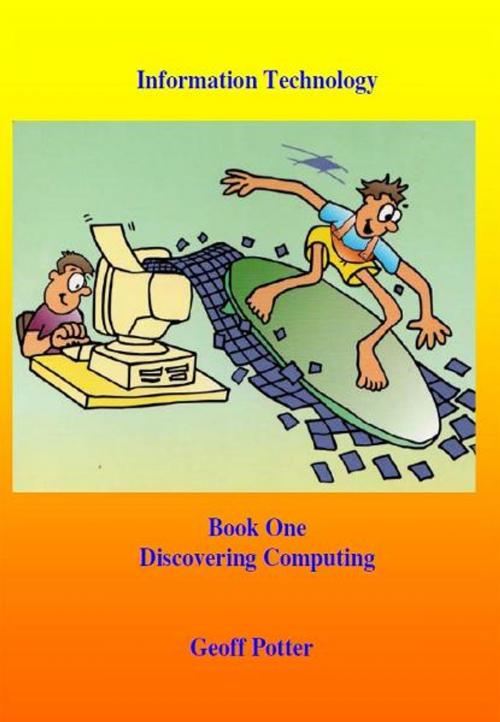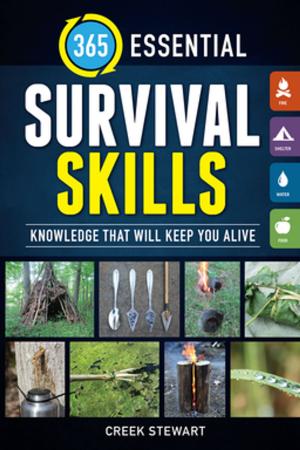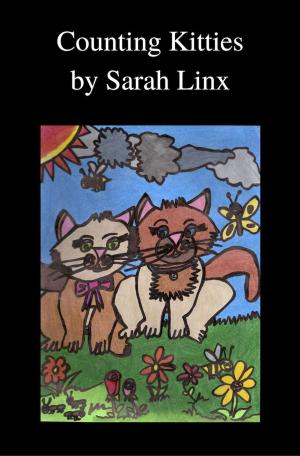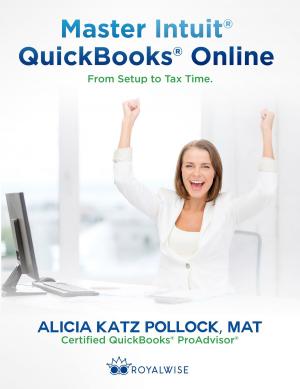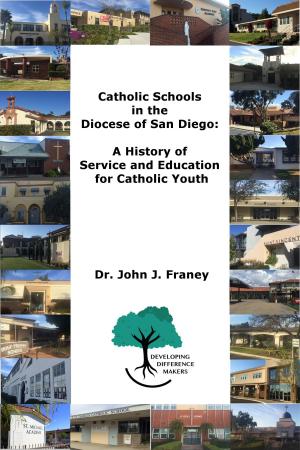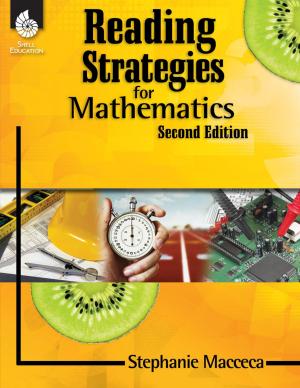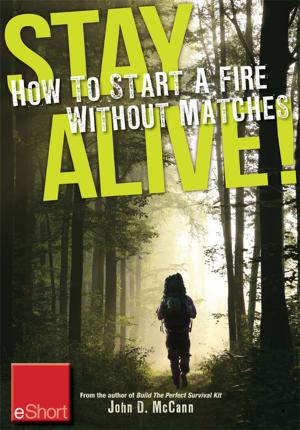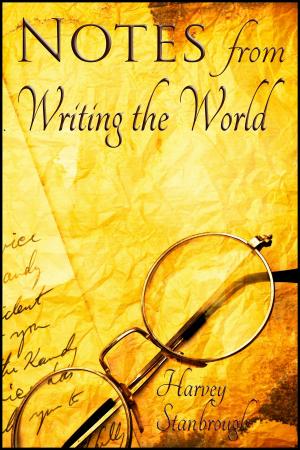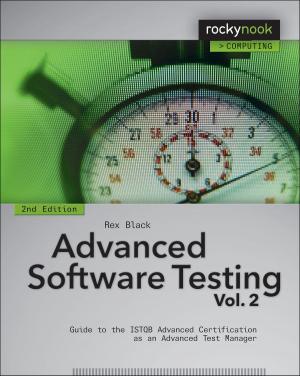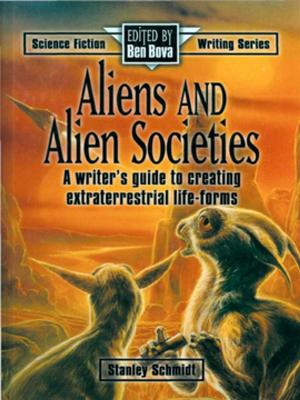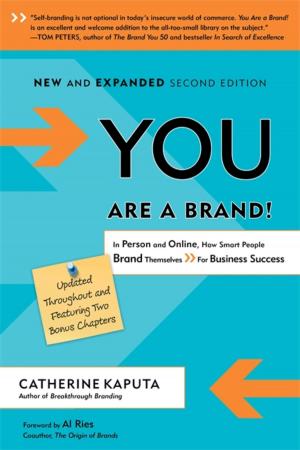Discovering Computers
Nonfiction, Computers, Application Software, Educational Software, Computer Hardware, Personal Computers, General Computing, Skills| Author: | Potter, Geoff | ISBN: | 9780986744006 |
| Publisher: | ITCA Digital Education Systems | Publication: | September 1, 2012 |
| Imprint: | Language: | English |
| Author: | Potter, Geoff |
| ISBN: | 9780986744006 |
| Publisher: | ITCA Digital Education Systems |
| Publication: | September 1, 2012 |
| Imprint: | |
| Language: | English |
This is the first book in a series of ten electronic books designed to educate young children and school-age students about information technologies and the digital world they live in. Who will benefit from this book? This book is most suitable for young people in their second or third grade level.It is also very helpful for teachers introducing ICT or integrating it into the curriculum. Contents:Book One comprises three modules:Module One: Learning About Computers. This module introduces students to computers and how to use them. Adventure One: Let's Learn About Machines. Adventure Two: Let's Learn About Computers. Adventure Three: Let's Learn About Cell Phones and Tablets. Adventure Four: Let's Learn About Language. Module Two: Playing With Stories. This module has seven units. It focuses on developing the student's ability to use computer software to learn and manipulate language. It also provides opportunities to learn basic keyboarding in English. Adventure One: Let's Play With The Alphabet. Adventure Two: Let's Play With Text. Adventure Three: Let's Play With Text To Control Things. Adventure Four: Let's Play With Stories. Adventure Five: Let's Write A Story. Adventure Six: Let's Play With Information. Adventure Seven: Let's Read Books on an E-Reader. Module Three: Looking For Language And Numbers. This module trains students in working with language and numbers. It introduces them to the use of computer software to manipulate numbers and language. Adventure One: Let's Look For Numbers. Adventure Two: Let's Look For Shapes. Adventure Three: Let's Make Objects. Adventure Four: Let's Look For Sizes And Amounts. Adventure Five: Let's Explore Relationships.The book is colorful, creative and contains many challenges and activities designed to help young students understand how digital technologies work and how to efficiently use them to learn and communicate.All of the recommended software is Open Source. The book also contains a cumulative Continuous Assessment process which may be of value in some educational environments. Modules at each level are divided into skills and knowledge-focused units. At the end of each unit students may describe what they have learned and their parent or teacher may award points for each item covered. Marks may be accumulated throughout the school year. A grade based upon the total points accumulated may be awarded at any time during the year. There are no tests or examinations in this program. What are the intended uses of this book? 1.This book is designed to support both teachers and students in existing ICT curricula and may be useful in introductory programs in areas such as Science, Language Arts, Mathematics and the Arts.2.The book supports public and private education systems instruction and skills training programs to ensure that young people possess the knowledge and skills to function in a digital society, and ultimately to prepare them for entry into higher education and an increasingly digital and computer-based workforce.3. Students and parents may use the book for home schooling use in support of study projects and personal skills development.
This is the first book in a series of ten electronic books designed to educate young children and school-age students about information technologies and the digital world they live in. Who will benefit from this book? This book is most suitable for young people in their second or third grade level.It is also very helpful for teachers introducing ICT or integrating it into the curriculum. Contents:Book One comprises three modules:Module One: Learning About Computers. This module introduces students to computers and how to use them. Adventure One: Let's Learn About Machines. Adventure Two: Let's Learn About Computers. Adventure Three: Let's Learn About Cell Phones and Tablets. Adventure Four: Let's Learn About Language. Module Two: Playing With Stories. This module has seven units. It focuses on developing the student's ability to use computer software to learn and manipulate language. It also provides opportunities to learn basic keyboarding in English. Adventure One: Let's Play With The Alphabet. Adventure Two: Let's Play With Text. Adventure Three: Let's Play With Text To Control Things. Adventure Four: Let's Play With Stories. Adventure Five: Let's Write A Story. Adventure Six: Let's Play With Information. Adventure Seven: Let's Read Books on an E-Reader. Module Three: Looking For Language And Numbers. This module trains students in working with language and numbers. It introduces them to the use of computer software to manipulate numbers and language. Adventure One: Let's Look For Numbers. Adventure Two: Let's Look For Shapes. Adventure Three: Let's Make Objects. Adventure Four: Let's Look For Sizes And Amounts. Adventure Five: Let's Explore Relationships.The book is colorful, creative and contains many challenges and activities designed to help young students understand how digital technologies work and how to efficiently use them to learn and communicate.All of the recommended software is Open Source. The book also contains a cumulative Continuous Assessment process which may be of value in some educational environments. Modules at each level are divided into skills and knowledge-focused units. At the end of each unit students may describe what they have learned and their parent or teacher may award points for each item covered. Marks may be accumulated throughout the school year. A grade based upon the total points accumulated may be awarded at any time during the year. There are no tests or examinations in this program. What are the intended uses of this book? 1.This book is designed to support both teachers and students in existing ICT curricula and may be useful in introductory programs in areas such as Science, Language Arts, Mathematics and the Arts.2.The book supports public and private education systems instruction and skills training programs to ensure that young people possess the knowledge and skills to function in a digital society, and ultimately to prepare them for entry into higher education and an increasingly digital and computer-based workforce.3. Students and parents may use the book for home schooling use in support of study projects and personal skills development.
